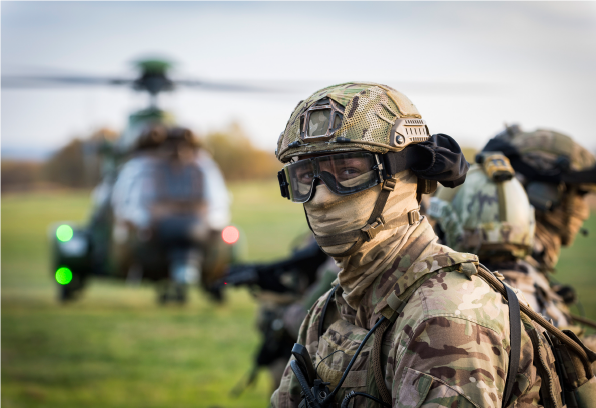What actions might further enhance coherence and resilience in the Strategic Base?
Preparing, deploying, sustaining, recovering, and recuperating military forces is critical to operational success, so confidence in the UK Strategic Base’s ability to support these tasks needs testing against changing Defence ambition. With industry having a significant role in the Strategic Base through a range of outsourced contracts - and with adversary action inside the Strategic Base likely in times of emergent crisis, coherence, and resilience of defence and industry activities is paramount.
Like all government departments, defence faces annual financial pressures and difficult balance of investment decisions. As the UK continues to work through the national consequences of BREXIT and adapts to the impact of COVID-19, defence spending could well be stressed further in lieu of other national priorities, demanding even more innovative ways to maintain a military fighting edge.
Investment decisions over the last decade have attracted different commercial arrangements in pursuit of value for money and such lateral thinking has resulted in the transfer of many Strategic Base functions to industry, along with industry-appropriate risks. Such a shift can be understood given the context; the uniformed role has narrowed towards military assets with direct (kinetic) war fighting attributes, whilst industry has been invited to bring innovation and investment that defence needs elsewhere.
Damian Alexander, Logistics Advisor for Leidos, has written a thought-provoking paper reflecting on today’s defence and industry relationship inside the Strategic Base and offers some practical thoughts on how to improve coherence and resilience.
With industry critical to the Strategic Base's success, the paper will now offer some practical areas for improvement through the framework of: contemporary collaboration, data sharing/exploitation, commercial arrangements, and risk management/action.




